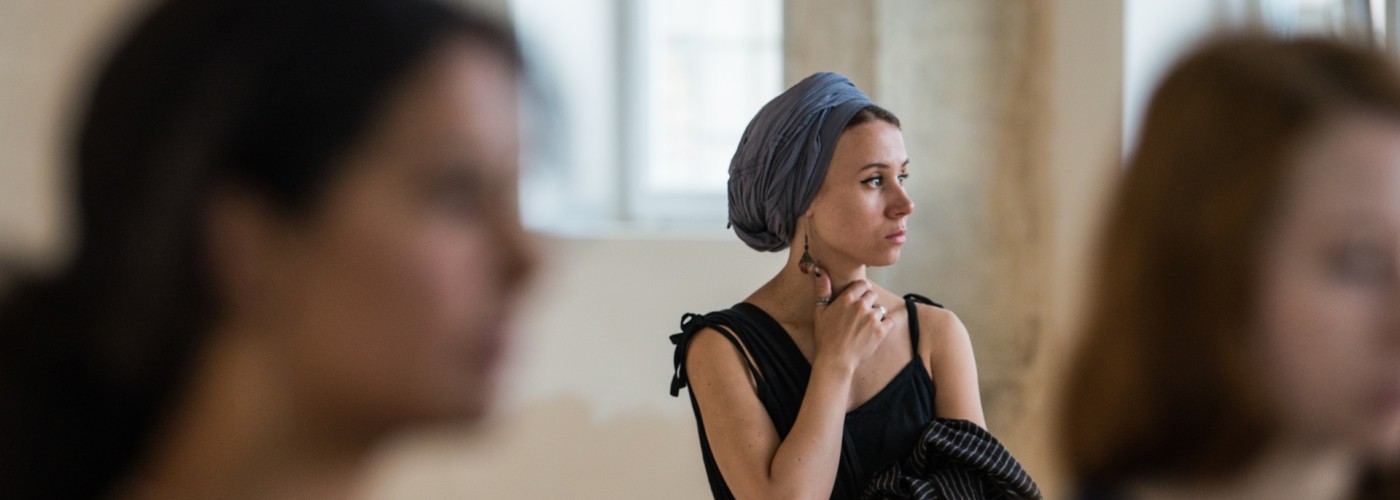| 12:00 | 19 |
|
| 12:00 | 19 |
|
| 16:15 | 19 |
|
| 16:15 | 19 |
|
| 18:00 | 19 |
|
| 18:00 | 19 |
| 11:30 | 19 |
|
| 11:30 | 19 |
|
| 12:00 | 19 |
|
| 12:00 | 19 |
|
| 16:00 | 19 |
|
| 16:00 | 19 |
|
| 16:00 | 19 |
|
| 16:00 | 19 |
|
| 18:00 | 19 |
|
| 18:00 | 19 |
| 11:30 | 19 |
|
| 11:30 | 19 |
|
| 12:00 | 19 |
|
| 12:00 | 19 |
|
| 16:00 | 19 |
|
| 16:00 | 19 |
|
| 16:00 | 19 |
|
| 16:00 | 19 |
|
| 18:00 | 19 |
|
| 18:00 | 19 |

